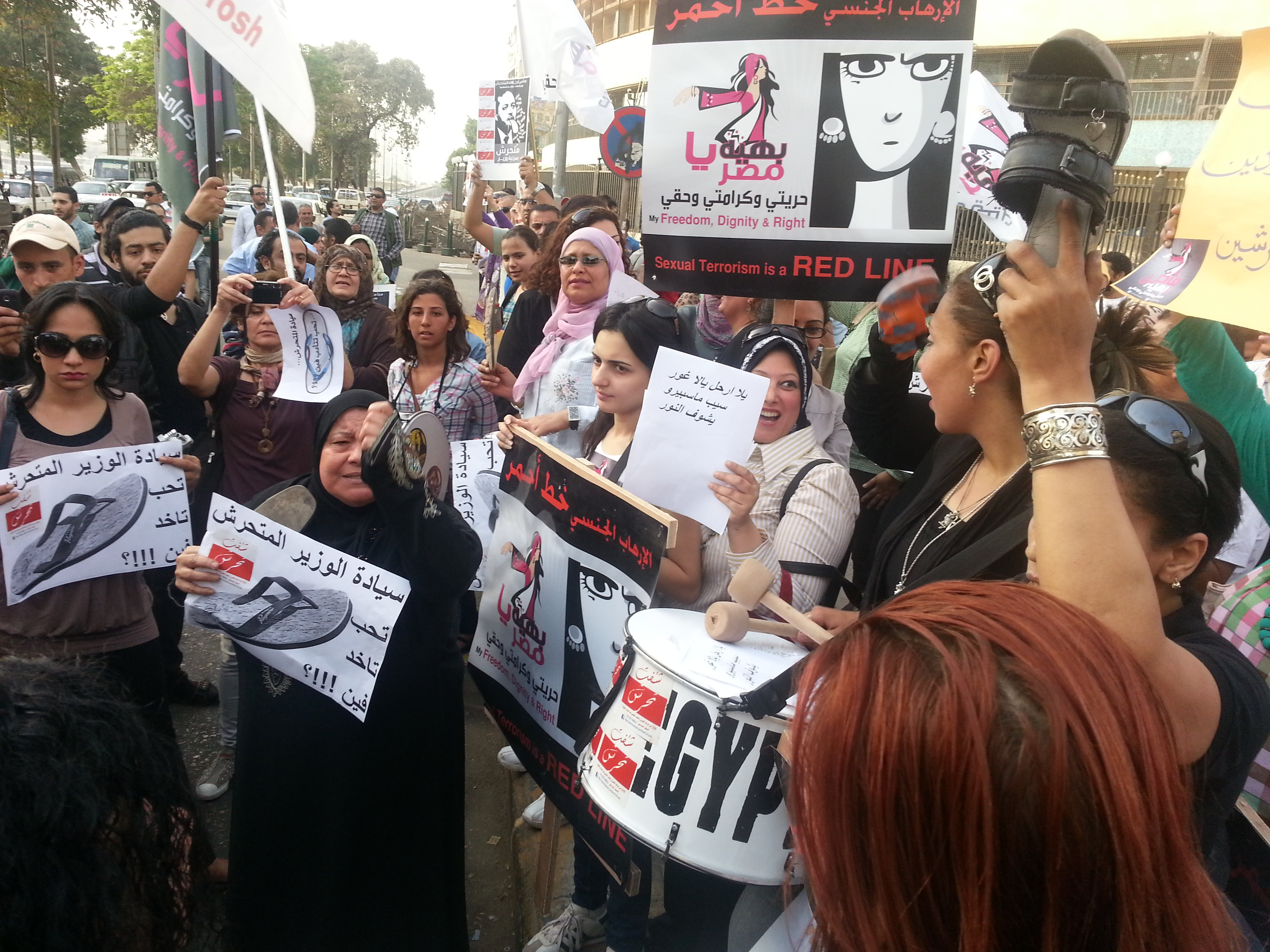There have been at least 71 corruption cases across 16 Egyptian ministries throughout the month of July, a new report released by NGO “Partners for Transparency” (PFT) has said.
Local municipalities and branches of state institutions featured first on the list with 11 cases, to be followed by the ministries of health with nine cases, petroleum with eight, agriculture with six, antiquities with six, youth with five and interior with four.
Out of the total reported cases 24 were under investigations, according to PFT, 19 are in trial process, six with issued verdicts, while the remaining 22 have not been investigated. Corruption in Egypt is a major concern as it is widespread, from senior government officials to the remaining ranks of society.
Most cases relate to financial and administrative violations committed by government officials, such as squandering public funds or issuing decisions without having required documents or permissions. In one case, PFT claimed the squandered public funds were estimated at EGP 30m, as reported by the Administrative Auditing Authority, due to the incorrect distribution of gas cylinders in the governorate of Beheira.
Another case cites negligence in the maintenance of a hospital that is severely damaged and at risk of collapse despite being 15 years in existence and its establishment having cost EGP 363m. There have also been cases of official document forgery, such as a police conscripts forging police reports, PFT added.
“The main issue is the legislative framework in Egypt, which is unfit for fighting corruption, meaning that it does not guarantee conviction for the perpetrators. All legal procedures and penalties are not enough,” Walaa Gad, head of PFT, told Daily News Egypt Sunday.
A presidential decree issued last March aims to provide those involved in the illegal seizure of public funds a method for reconciliation with the state. Professor of Criminal Law at Cairo University, Mahmoud Kobesh, previously told Daily News Egypt that the law is a means for the state to recover stolen money, especially after the 25 January Revolution and the increasing number of accusations regarding embezzlement of public funds.
“But we have seen how corruption cases of Hosni Mubarak’s regime officials turned out, because by law they could easily obtain their acquittal,” Gad commented.
According to the new legal text, a specialised committee assigned by the cabinet should be in charge of reconciliation procedures. The cabinet makes the final judgment regarding the matter before the decision comes to effect.
“It is expected that the committee is formed with officials from different state institutions, such as the Illicit Gains Authority, or the Prosecution Authority of Public Funds,” Kobesh had explained. “If the reconciliation is approved, the lawsuit against the defendants is stopped at any given step,” he added.
Although it is implemented elsewhere in the world and does not lead to increased corruption, the problem with this law as Gad puts it is that it does not specify an amount of money related to the illegally obtained sums and does not take into consideration the current value of the money.
“In other words if I was convicted for illegally seizing a land at the cost of EGP 1,000, I cannot pay that sum only today, because now the land is now worth millions,” Gad explained.
On the other hand, a controversial presidential decree was issued in June, allowing the president to dismiss heads of self-governing state bodies. However, according to constitutional articles, the managers of independent organisations cannot be discharged from their positions without a parliamentary decision.
Many speculated that the new decision aimed at dismissing Hisham Geneina, head of the Central Auditing Organisation (CAO), due to his reputation for legally pursuing all state officials. CAO indeed challenged the decree before court on grounds of non-constitutionality.
“Such a decree has a negative impact on the performance of monitoring institutions, especially when we speak of corruption, as their work should be separate from state interference,” Gad said.
PFT did not fail to mention previous official statements by President Abdel Fattah Al-Sisi and Prime Minister Ibrahim Mehleb regarding fighting corruption, condemning personal favours and ordering all state bodies to provide the best services to citizens.
Nonetheless, in its reports for June and July, PFT maintained that policies have failed to face the issue, stating improvement of legislation, the formation of experts’ committee and the presence of the parliament as recommended steps towards a solution.


